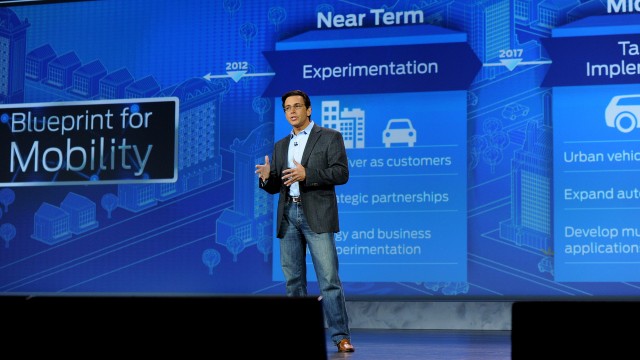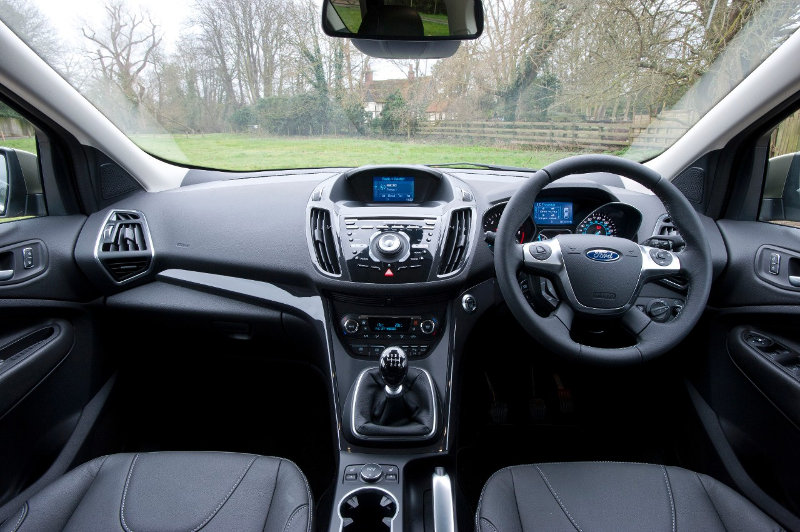
Ford is the fifth largest car company in the world. They manufacture a lot of cars, and selling them in many competitive markets is their game. So, when David Huang, Senior Manager at Ford Asia Pacific, told me about his company’s plans to decongest city roads and tackle mobility problems, especially in India, I was skeptical. I mean, for any car manufacturer to grow, they need to sell more cars, and for them, India is like a gold mine. Our country is developing at a rapid pace, which has led to higher purchasing power and naturally, massive vehicular congestion in tier 1 cities like Delhi, Mumbai and Bengaluru. Despite that, owning a car is still seen as a sign of prosperity here, not just a commuting vehicle one takes to work, so growth is inevitable and multiple cars per household is a reality we have to face, soon. But here’s a global car manufacturer claiming to be working on solutions that, instead of selling more cars, sells the idea of free-flowing metro traffic. Befuddled, I sat down with David, to find out how.
First things first, Ford is going to keep selling cars for a long time to come. There is no doubt about that, but at the same time, the company is also looking at innovative solutions to solve challenges in mobility, as always. When the mobile phone industry exploded, a lot of people started talking on phones, while driving. This was a problem, because it had caused enough accidents, for car manufacturers to do something about. In the same year as the iPhone, Ford introduced its Sync system, a neat voice-administered interface for the car, linked with the phone. It was a revelation, because it made handling phone related things easier while driving, and was one of the most forward-looking solutions on the market, complete with third party integration. 
Similarly, Ford is now exploring solutions to solve the current challenges in mobility. One of the main challenges, is, of course, urban congestion. In India, their recent project is based on a growing trend called the sharing economy, a peer-ro-peer collaborative process, which is centered around sharing of resources, which, in this case, are cars. You might have heard about this in articles related to Uber, which offers functionality to share rides with other Uber users, in its app. However, Ford’s project, called “Share-Car”, which has experiments all over the world, has launched one here, in partnership with the Indian car rentals company, Zoom car.
The idea is to share a vehicle with multiple drivers, instead of sharing a ride. For a specified amount of time, the ownership of a person’s car will be changed to the person who has rented it. The key difference between rental cars and this, is P2P sharing. For example, if you, an individual, owns a car, others can request to use it when possible, and naturally, depending on the duration, the owner gets paid. This has a lot of positive implications like the reduction in the amount of time a car is idle, reduction in the number of cars on the road, and so forth. But of course, researchers would need to figure out how to handle scheduling and management of ownerships.
httpv://www.youtube.com/watch?v=wPbzQgfqZ3c
Ford is also partnering with developers to make applications that solve some more challenges like health care delivery and optimized transport. One of the very localized challenges was to create an app for tackling monsoon problems. In Mumbai, an app, Mumbai Monsoon helper was developed. The app, with information from the internet and crowd sourcing, will be able to suggest routes without water-logged roads, in real-time along with weather information and more. On the healthcare side, an app to deliver meds to remote areas depending on requests, was developed by a Chennai developer. Also among the list of winners is an app from Delhi, which is based on the concept of volunteering work in times of need, like for trauma care. All these apps are all built with the help of Ford’s Open APIs for developers.
Unsurprisingly, all of Ford’s car sharing projects have a black box, to collect a lot of driving data, which in turn can be used by developers to provide much better solutions. From a holistic point of view, it would seem like Ford is trying to be a technology company, but the lines have blurred these days. Ford knows that technology is integral to progress and the only way to stay ahead, is to drive innovation in technology. With technology companies dabbling with driverless cars, it is upon car manufacturers to embrace technology, like Ford, or get left behind.
